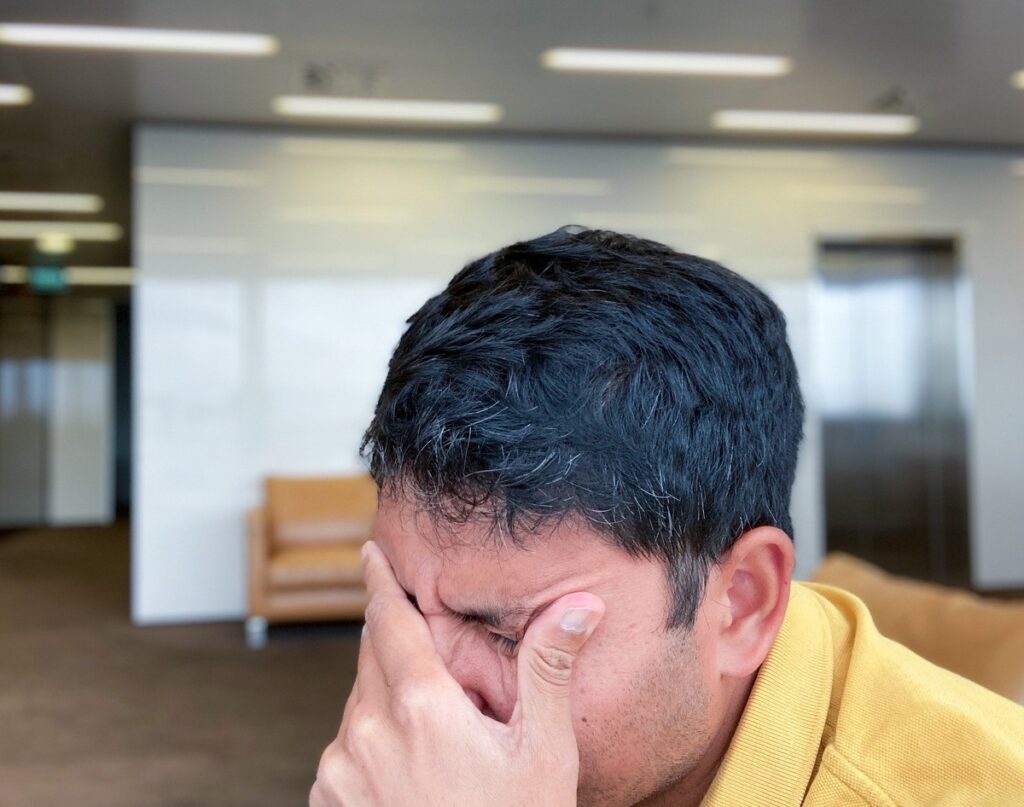
Anxiety is one of the dominant mental health challenges many people regularly experience, and a certain level of it is healthy to have. However, when anxiety becomes all-consuming and begins to negatively affect a person’s quality of life, that’s when professional help should be sought.
Many aspects of daily life can cause a person to feel anxious. When individuals feel hopeless or experience mental discomfort about things they can’t control, anxiety may creep in as an unwanted side effect. In this article, we’ll highlight some of the most common instances of anxiety and how to overcome them.
Social Situations
For individuals who are antisocial or fear speaking in a group setting, their anxiety can be heightened by the mere thought of attending social gatherings. For these individuals, they may hold a deep-rooted fear of being embarrassed or socially awkward in front of others.
Social anxiety can manifest both at a social event or in the time leading up to one, coming on suddenly in the middle of a conversation or before an individual gets ready to leave the house. It’s important to practice techniques like mindfulness and slow breathing to relax your mind, as simply skipping events for fear of feeling anxious can actually lead to worsened long-term anxiety. This is because you may become conditioned to feel the need to avoid all future events, making you more lonely in the long run.
Work
As such a common part of our day-to-day lives, multiple scenarios can trigger anxiety in the workplace. For some, public speaking can cause feelings of fear to arise, as can having to deliver a presentation. Deadlines for key projects might also stress certain individuals and cause them to fret over getting behind. This is where adequate planning and effective time management can make a world of difference.
In an instance of job loss or trying to make a career move, attending new interviews (especially after not having done so for a long while) are other key influences of anxiety. An individual may be anxious about rejection, not knowing what they’ll be asked by a hiring manager, or possibly freezing on a tough question. Preparing as much as possible in advance and mentally letting go of everything you’re not in control of is important to healthily manage interview- or work-related anxiety.
The Unknown or Frightening Events
In general, potentially unforeseen circumstances are known to cause anxiety for many people. For example, not knowing what the next year will bring or having to wait for certain events to develop with no set time frame can cause them to experience additional mental health struggles.
Plus, no matter how good an individual feels their life is at the current moment, a fear of something negative that could happen either now or in the future might also be a looming point of concern. Feeling as if their current state of happiness could be ruined by one catastrophe can cause their thoughts to spiral into a freefall of anxiety. If you struggle with this, it’s important to remember to release negative thoughts from your mind and reframe how you might view the future.
Poor Health Diagnoses
Often when someone receives a serious medical diagnosis, it’s perfectly understandable for them to feel a certain amount of fear or anxiety. Those who are going through this may justifiably be anxious about the concept of dying, experiencing pain, or losing those who are closest to them.
Being diagnosed with a serious condition (particularly if it’s a recent diagnosis) can make it difficult to remain positive, but it’s crucial to do what you can if you find yourself in a situation like this. Leaning on the support of your friends, family, and medical professionals can help you stay strong and limit the amount of mental turmoil you experience as you navigate through this trying time. Knowing that you’re loved and cared for can serve as a comforting thought any time you might feel anxious or hopeless about your health.
Substance Use
A co-occurring disorder like a substance use disorder (SUD) might also be a causal factor to a person’s anxiety levels. Substances like drugs or alcohol can inhibit decision-making, contribute to additional physical health worries, and disrupt proper chemical balances in the brain.
Many individuals may feel that relying on a substance offers them relief from their anxiety; however, it’s important to remember that these feelings are often only temporary and the substance in question is detrimental to their health. Cessation of drinking alcohol or using other substances is key in maintaining a healthier approach to anxiety management.
Treatment Options for Anxiety
To effectively treat anxiety in a healthy way, many proven methods exist. Practicing techniques like mindfulness and meditating can help you remain present and reduce worry in your mind. Therapy or counseling may also play an essential role in helping to get you to a mentally healthier place. In these treatment options, a mental health professional will be available to listen to you speak about the various causes of your anxiety and how you’ve been feeling. They can also recommend personalized solutions that work within your own comforts and preferences. Part of a comprehensive treatment plan may also include prescribed medication. You might even be recommended for other support groups or treatments by a licensed therapist.
If you’re struggling with anxiety and are looking for help, turn to Alvarado Parkway Institute. We specialize in a variety of treatment options for mental health disorders, including generalized anxiety disorder (GAD). There is hope and resilience in seeking professional help for your mental health. Contact us today to learn more about our mental health services and programs.